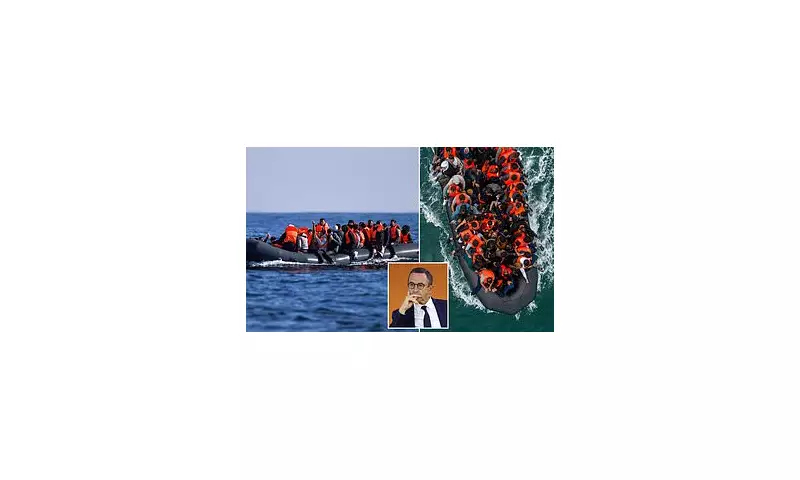
Britain faces a potential £50 million bill from France for maritime intervention patrols in the Channel, raising fresh concerns about post-Brexit financial demands from Paris.
The contentious issue emerged during recent diplomatic discussions, where French officials suggested the UK should contribute significantly to the costs of their operations intercepting migrant vessels attempting to cross the world's busiest shipping lane.
Diplomatic Tensions Rise
According to Whitehall sources, French representatives have indicated that Britain should bear financial responsibility for their increased maritime presence. This development comes amid ongoing negotiations between Home Secretary James Cleverly and his French counterpart, Gérald Darmanin.
The proposed figure—reportedly around £50 million—would represent a substantial increase from previous arrangements and has been met with concern within UK government circles.
The Small Boats Crisis
The English Channel has become a major crossing point for migrants seeking to reach Britain, with thousands attempting the dangerous journey each year. French patrols have been instrumental in intercepting vessels before they enter UK waters, preventing numerous crossings.
However, the financial burden of these operations has become a point of contention between the two nations, particularly following Britain's departure from the European Union.
Government Response
A Home Office spokesperson stated: "We remain committed to working closely with our French partners to tackle illegal migration. Our collaboration has already prevented thousands of crossings this year alone."
The spokesperson declined to comment on specific financial arrangements but emphasized the government's focus on "value for taxpayers' money."
Broader Implications
This financial demand comes at a sensitive time for UK-France relations, with both countries navigating new terms of engagement post-Brexit. The outcome of these negotiations could set precedents for future cross-Channel cooperation on security and immigration matters.
Experts warn that failure to reach an agreement could potentially weaken patrol efforts, potentially leading to increased attempted crossings during favourable weather conditions.






